Main advantages of living in Monaco
- No personal income tax, increasing net income significantly
- High security and low crime rate, offering peace of mind
- Excellent healthcare system, with top medical facilities nearby
- Mild Mediterranean climate, ideal for outdoor living year-round
- Proximity to luxury amenities, including shopping, dining, and cultural events
- Strong international community, making integration easier for foreigners
- Stable political and economic environment, favorable for investments
- Access to top-tier education, including international schools
- Strategic location, close to Nice airport and major European cities
Advantages and disadvantages of living in Monaco
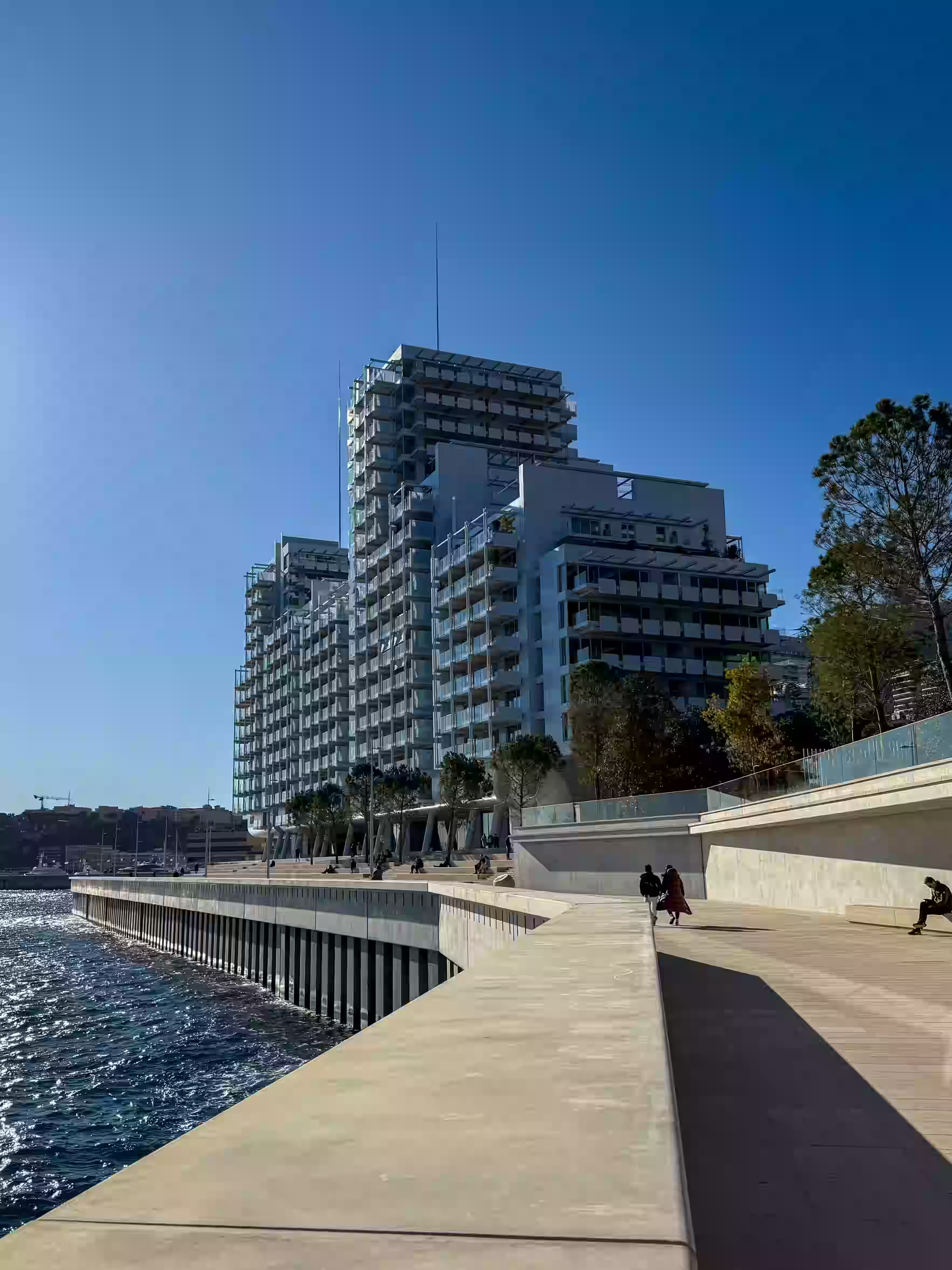
Tax advantages and disadvantages
Monaco offers several tax advantages, including no personal income tax for most residents, no wealth tax, and no capital gains tax on property sales. This creates an attractive environment for individuals seeking to optimize their financial situation and protect assets.
On the downside, social security contributions can be relatively high, between 15% and 25% for residents, and corporate tax at 33.33% applies to companies with significant turnover outside Monaco. Additionally, registration fees around 6.5% add to the cost of property acquisition.
While the overall tax burden is lighter than many countries, it requires careful planning to maximize benefits and remain compliant.
Structures in place in Monaco
Monaco has a robust legal and financial framework designed to support residents and businesses:
- A transparent tax authority (DSF) that manages declarations and payments
- Strong real estate regulations ensuring secure property transactions
- Various corporate structures, including SARL (limited liability companies) and holdings, allowing flexible business setups
- Social security and healthcare systems funded by resident and employer contributions
- Access to international banking and wealth management services
These structures provide stability and clarity for both individuals and companies operating in Monaco.
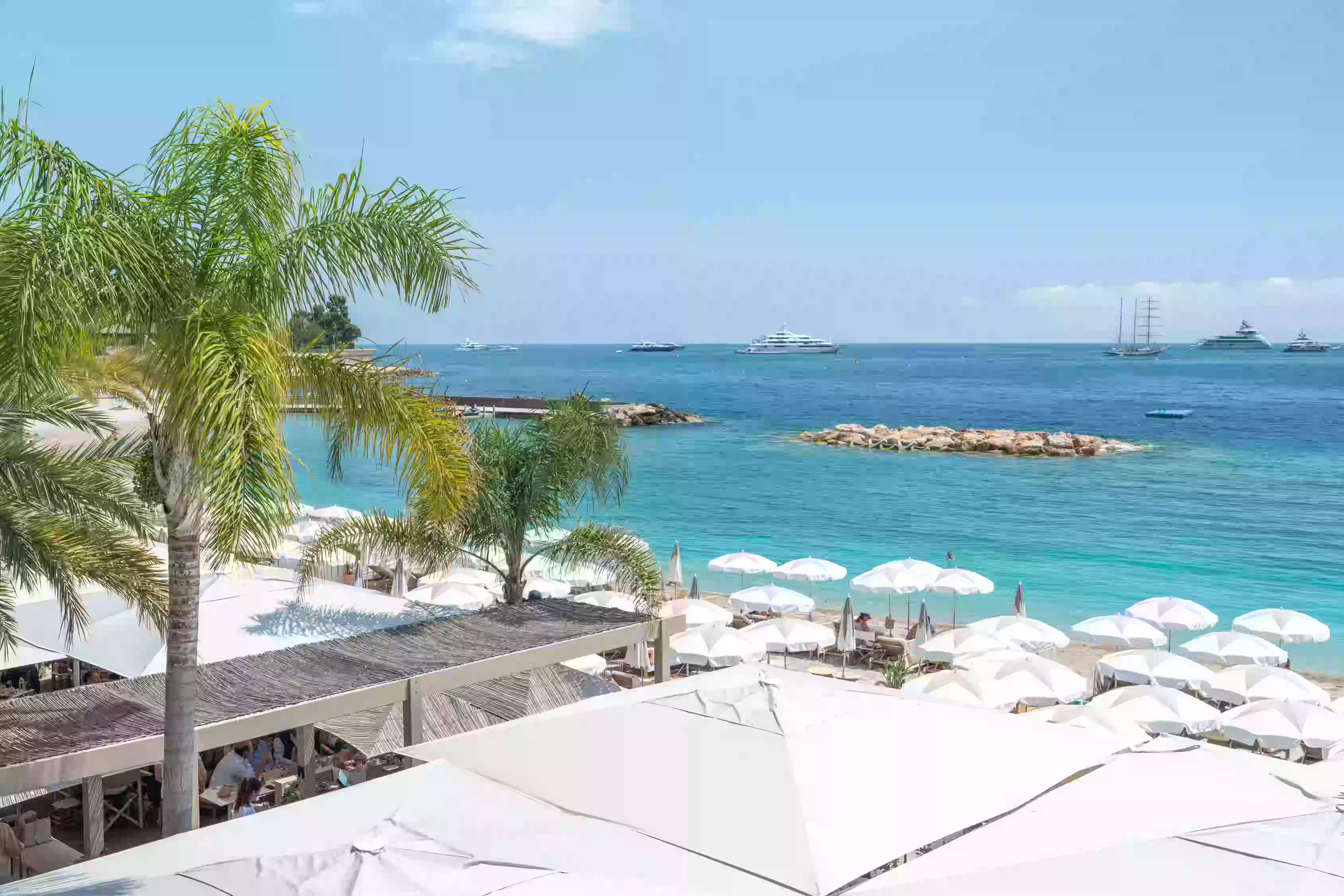
How to expatriate to Monaco
Moving to Monaco requires obtaining a residence permit, which involves:
- Providing proof of accommodation, typically through property ownership or a rental contract
- Demonstrating financial self-sufficiency with bank statements or income proof
- Passing background checks and submitting identity documents
The process can be complex due to Monaco’s small size and strict rules. Working with local experts like Balkin Estates-Knight Frank Monaco helps smooth the transition. Balkin offers guidance on finding housing, understanding legal requirements, and integrating into Monaco’s community.
They assist expatriates from initial contact to settling in, ensuring compliance and comfort.
How to find housing in Monaco
Housing in Monaco is limited and highly sought after. To find the right property, it is crucial to:
- Define your budget and needs precisely, considering factors like location, size, and amenities
- Work with trusted local agents who have access to exclusive listings
- Act quickly, as desirable properties sell fast
Balkin Estates-Knight Frank Monaco has extensive experience and a broad portfolio of luxury properties. They provide personalized support, helping you navigate the competitive market, negotiate prices, and manage legal formalities. Their deep knowledge of Monaco’s neighborhoods and market trends is an asset for both buyers and renters looking for the perfect home.
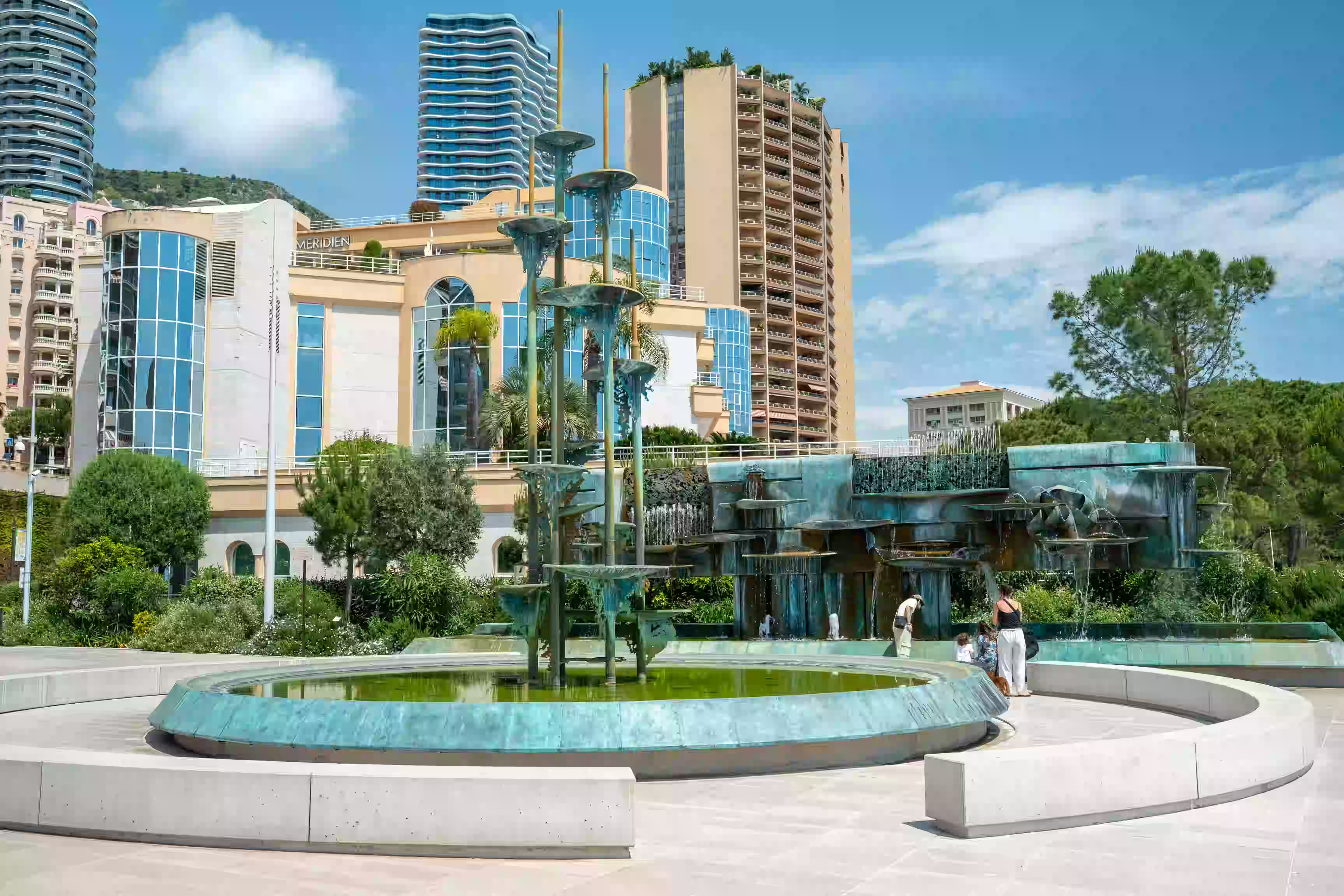

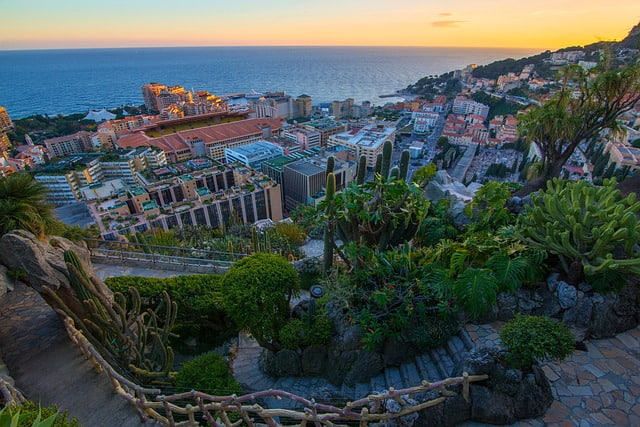
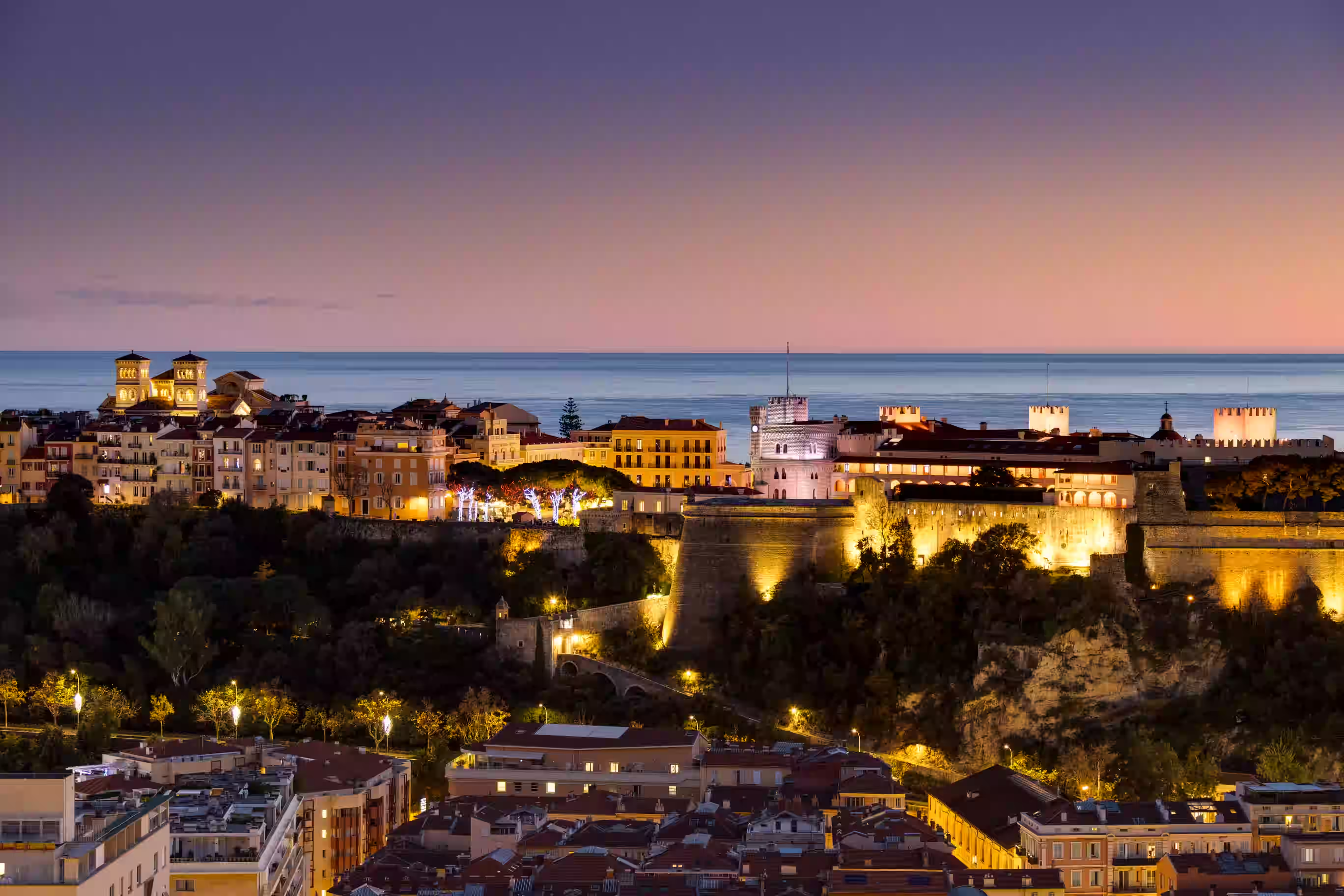
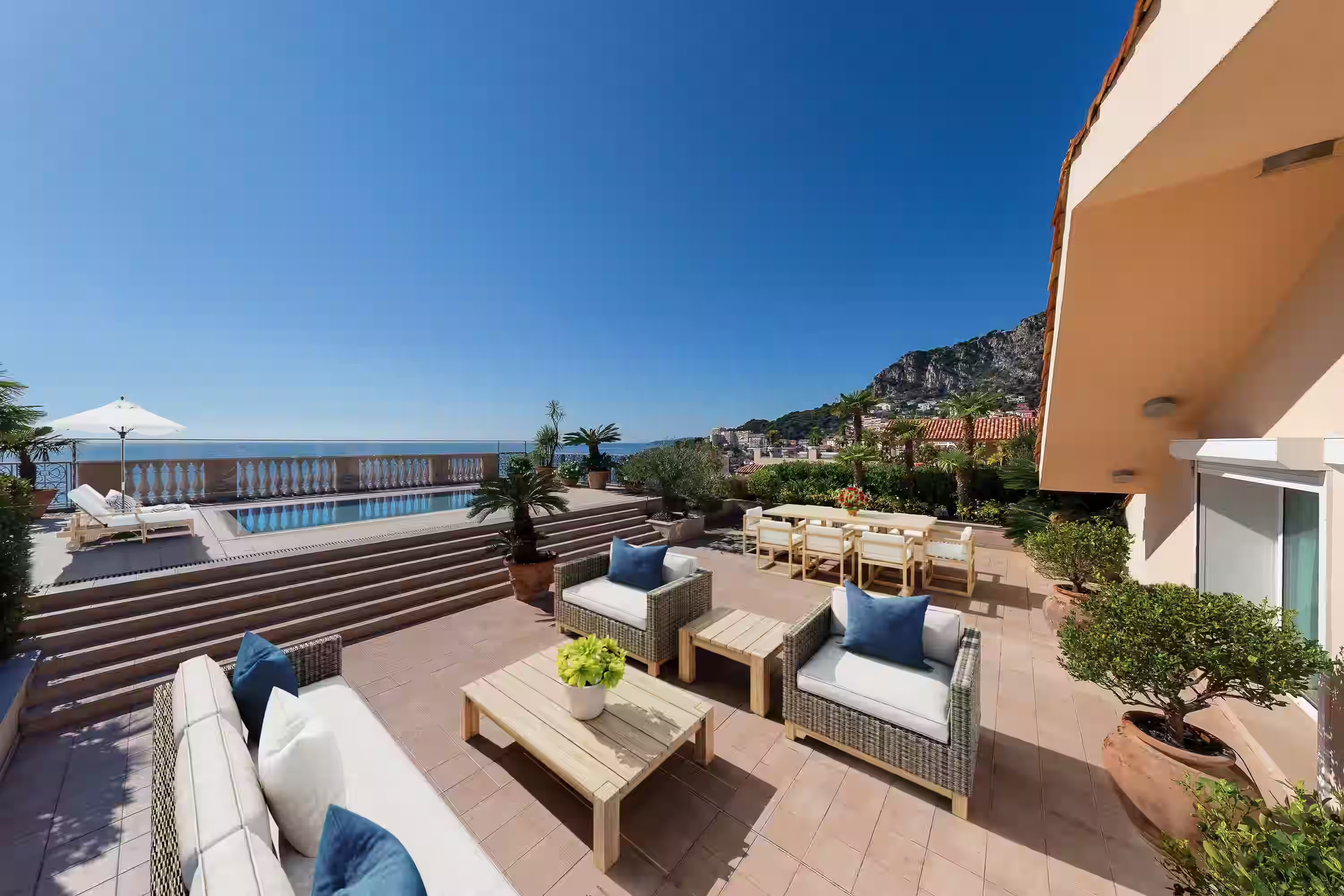
.avif)